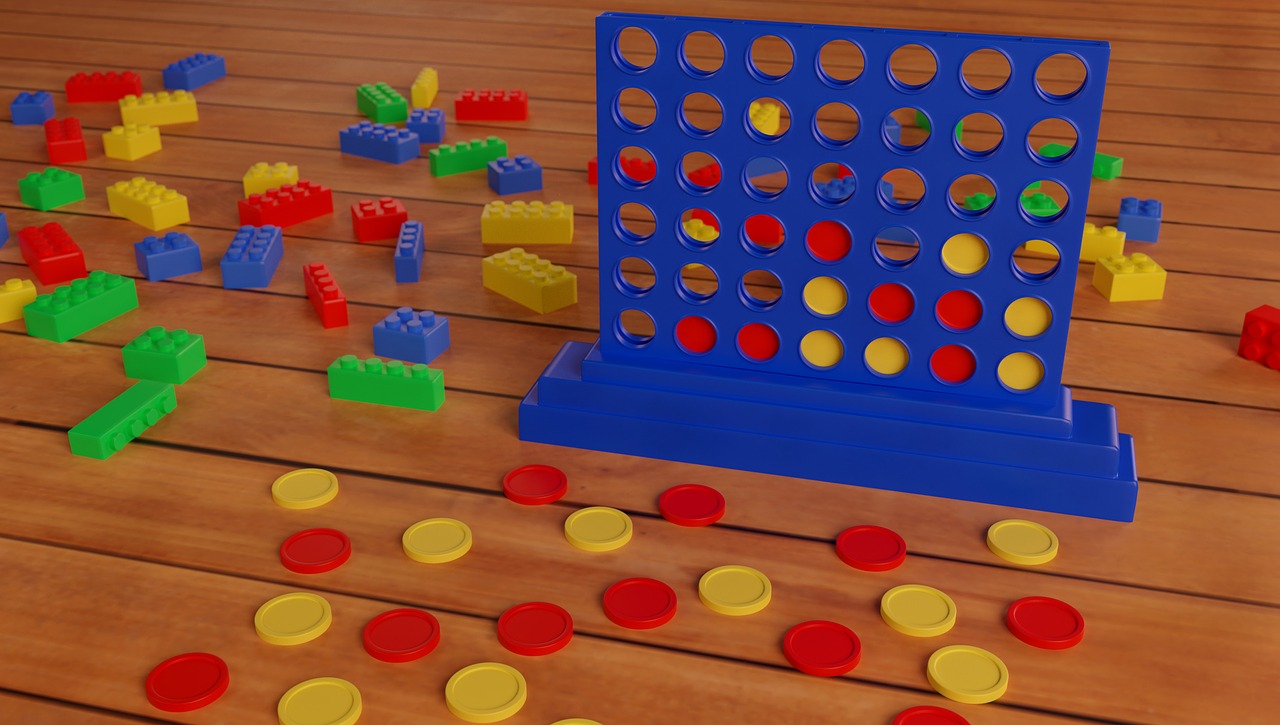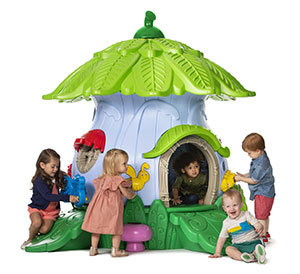Fun Games for Children that Teach Positive Lessons

Play is the work of childhood. Kids need to run around. It's healthy for their bodies and their minds. Pretend play is also so important. It helps kids learn how to manage big feelings and try out new ideas in a safe place. Board games and other types of play also help kids learn important ideas like taking turns and being a good loser and a good winner. Kids who play games learn all kinds of social skills that will help them as they grow up and even when they are adults!
I Spy
"I Spy" doesn't need any equipment and can be played anywhere. It also teaches kids how to pay attention to their surroundings and helps them grow their vocabulary by having to think about what words best describe what they see. Listening to other people describe what they see also helps kids learn new words and practice being good listeners.
Tic Tac Toe
Even kids under the age of four enjoy tic tac toe. Little kids might need some support in understanding how to watch their opponents' moves and figure out where to put their x or o. Tic tac toe is a great way for young kids to start learning how to think ahead and how to make strategies.
Guess Who
Guess Who is a great game to play for kids who need to review knowledge. For example, kids who are learning about scientists can play it as a fun way to review the facts! It also helps them learn how to describe people and think about differences between us.
Jenga
Playing Jenga is great for kids in so many ways. Jenga helps kids with physical skills like hand-eye coordination, fine motor skills, and manual dexterity. Mentally, it also helps kids develop problem-solving skills, practice prioritizing, and work on their patience levels as they wait for their turn.
Pick-Up Sticks
Pick-up sticks is a classic game that's helped generations of kids develop their fine motor skills. Kids can play in different ways. They can pick up sticks grouped by color or they can try to take them apart without disturbing any other sticks.
Musical Chairs
Musical chairs teach kids about listening, rhythm, and social skills. Part of musical chairs is learning to listen to the beat of the music. It also encourages close listening. The game also depends on sportsmanship, focus, and fair play.
Charades
Imaginative play is so important for kids, and few games give kids a better chance to enjoy some pretend play than charades! Also, it teaches kids to flex their imaginative muscles with rules. During charades, players can't talk. They have to portray their character or concept using only their bodies.
Mother, May I?
One fun thing about Mother, May I is that it doesn't require any equipment, so it's possible to play it anywhere and it works great for groups with kids of different ages. It also reinforces important concepts like manners and self-control.
Connect Four
Games like checkers and chess teach kids strategy and pattern recognition, but both games can be intimidating for younger kids. Connect Four has a similar concept as checkers and teaches the same skills, but it's easier for young children to play.
Sleeping Lions
Some games get kids excited, but it's also a good idea to have games that help kids settle down. Sleeping Lions is a listening game that is designed to help kids calm down and get ready for a nap.
Simon Says
Listening is a great skill, but one that's hard for many kids to master. Simon Says helps kids practice their listening skills while working in some physical activity. It's a great rainy-day game because it encourages indoor-friendly movement when kids really need it!
-
19 Imagination Games To Get Your Kiddo's Creative Juices Flowing
-
3 Fun & Easy Games to Develop Communication & Social Skills From Home
-
This Giant Version Of The Classic Game 'Pick Up Sticks' Will Keep The Kids Busy For A While!
Edited by: Ben Thompson

